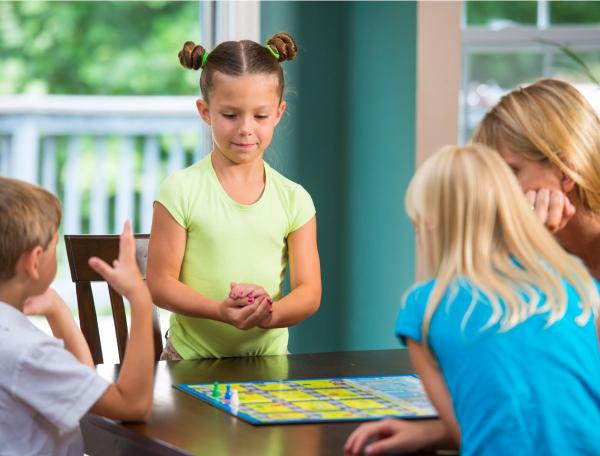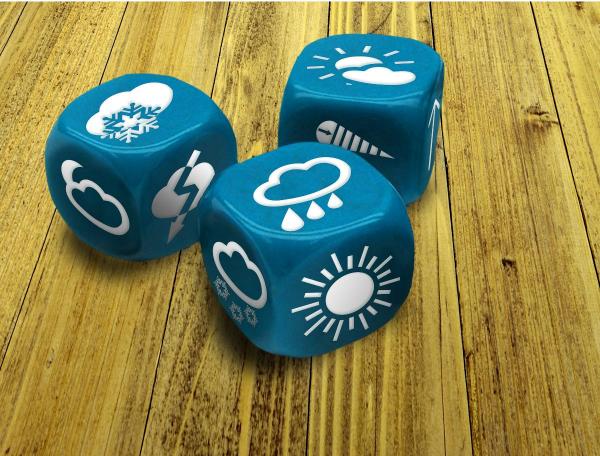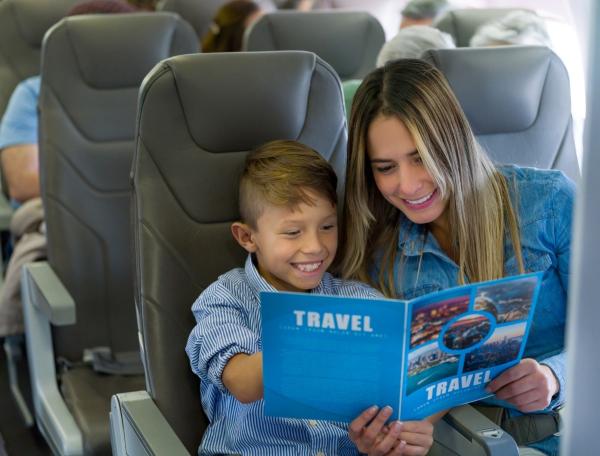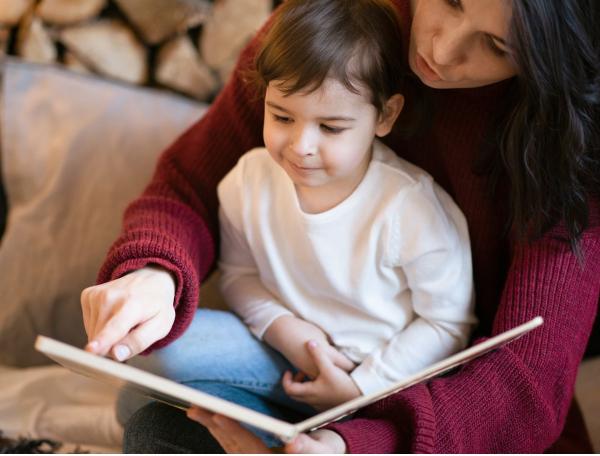Fair go

Developed in partnership with Education Services Australia
The Australian Curriculum sets the goal for what all students should learn as they progress through their school life. Skills in the Year 3-4 curriculum include:
- describing and ordering the likelihood of known events
- listing all possible outcomes from chance experiments (such as rolling a dice) using informal chance language
- recognising the connection between knowing the possible outcomes and expecting particular outcomes to occur
- gathering data from chance experiments and games to investigate the likelihood of outcomes
- recognising that chance causes variations in games and experiments.
It’s easy to help your child practise these skills as part of everyday life – just use these simple ideas.
Embrace chance
What’s the likelihood that you can help your child deepen their understanding of chance in games and experiments? Very high, if you use some of these ideas:
- talk about chance as opportunities arise in everyday life
What is the likelihood that you will win the school raffle? How about the national lottery? - play games that involve chance and use language such as impossible, unlikely, equal, likely and certain to talk about the likelihood of different outcomes
- set up chance experiments (ie where an outcome is determined by chance).
No-one wants to put out the garbage, so let's decide by putting our names in a hat and drawing one. If your name is drawn, it's your turn.
If your child doesn't want to 'win', ask how they could make it less likely that their name is drawn. Let them test their strategy and see what happens with a single draw. What if they draw 10 times? 50 times?
Your child might also like to run their own chance experiments – perhaps the chocolate eating game in the Playing with dice video below! Encourage them to set up the experiment properly, list all the possible outcomes, and record the data so they can see the likelihood of the different outcomes.
Go online
For online reinforcement, Vile vendor: impossible? Unlikely? will give your child practice at:
- creating combinations to create different likelihoods of an event happening – impossible, unlikely, equal, likely and certain.
Playing with dice will give your child practice at:
- conducting chance experiments with dice, and seeing what happens to the results as you conduct more experiments.
[3-4Learning]








